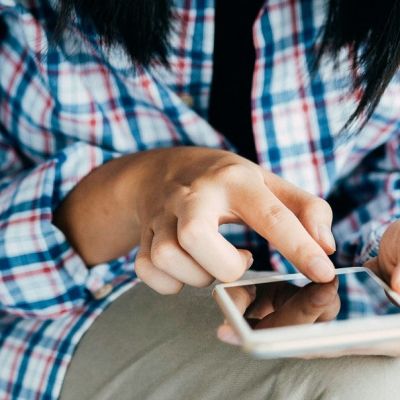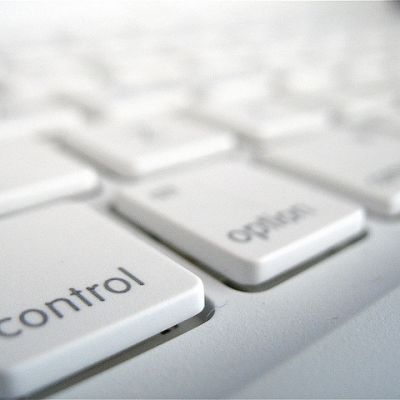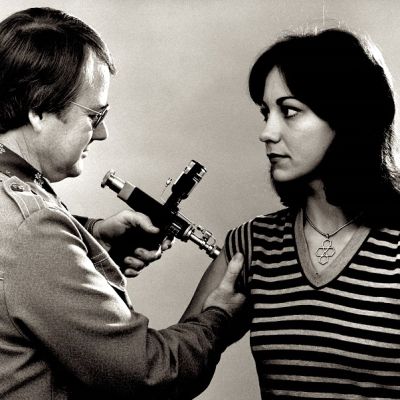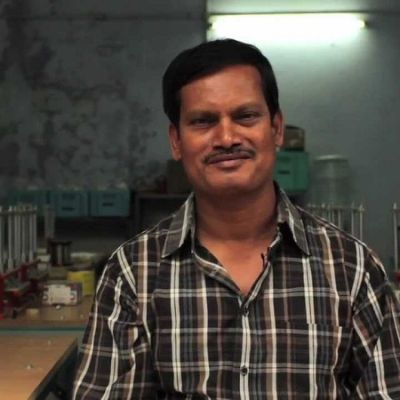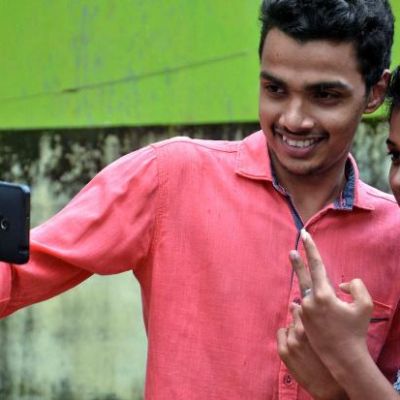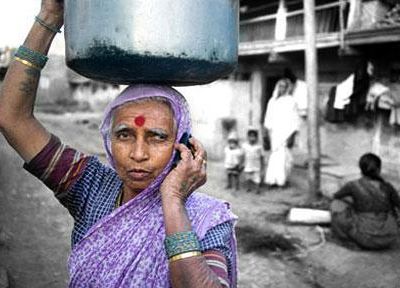technology
It’s technology that has allowed me, amidst the lockdown, to connect with so many people and I dare say, sext and share photos. It’s technology that has allowed me and many others access to things like porn, fetish websites, and to buy sex toys and so much more without leaving our beds!
Because the Internet is an integral part of our daily lives, it is important that young people are given the right information so that they can explore the world around them, access information without violating legislations, know their rights in the virtual and physical world and have enjoyable and consensual relationships with whoever they choose.
The digital space is becoming an integral part of our daily lives, especially with smartphones and internet data plans becoming more affordable. The number of people going online everyday—including people from marginalised communities—is increasingly rapidly.
Consent, however, is not so straightforward in the digital world. With instances where data can be hacked into, and with deep fake technologies making it more difficult to distinguish between what is real and what is fake, we have a situation where it is difficult to completely anticipate the kinds of risks involved, and the ways in which sexually explicit material is used.
Sex and technology link in many different ways – whether its helps overcome a disability or separation from a loved one, or is simply be a way to increase pleasure and excitement.
Typos are speed breakers, and autocorrect has kinky preferences
Neha is a proud, beaming 16-year-old. Standing on the lawns outside Delhi’s India Gate, she speaks to the camera about…
Our desire to connect is perhaps one of the human aspirations that both Sexuality and the Internet serve. And with the Internet we now have new ways, unthought of even twenty years ago, of connecting with each other, and even at times with ourselves, finding aspects of our selves that we did not know existed.
The promises of the Internet are, of course, highly contextual. The Internet will mean very different things to a person who has access to their own mobile phone in a city with a reliable and affordable broadband or WiFi connection, as compared to someone who does not have access to a reliable Internet connection or who is unable to go to a shop to exchange downloaded songs and clips through an SD card.
In fact, the Internet actually allows adolescents access to a wide range of information including on sexual health. A 2015 study by Marie Stopes International[2] (an organisation that provides contraception and safe abortion services) found that the main source of information on sexual health among adolescents is the Internet.
All this online dating activity must surely produce amusing stories. It was with this thought that Mumbai-based writer and illustrator Indu Kumar set about her art project #100IndianTinderTales.
Medical abortion is a threat to scientific authorities because it is technology easily used without the help of a medical provider. Since there is doubt that women will use the drug safely without supervision (even though they did it before and are still doing it), some think the kinder option is to remove their opportunity to fail.
A short documentary on India’s menstruation man, Arunachalam Muruganantham, who wore an artificial uterus, was left by his wife for five years, and was called a pervert by the neighbours – all in his pursuit to create cheap yet effective sanitary napkins for women who cannot afford safe menstrual hygiene products.
In 2013, ‘selfie’ entered the Oxford English Dictionary. By 2015, with front-facing phone cameras available on the cheapest of smartphones,…
“Any sufficiently advanced technology is indistinguishable from magic.” ― Arthur C. Clarke, Profiles of the Future: An Inquiry Into the…



